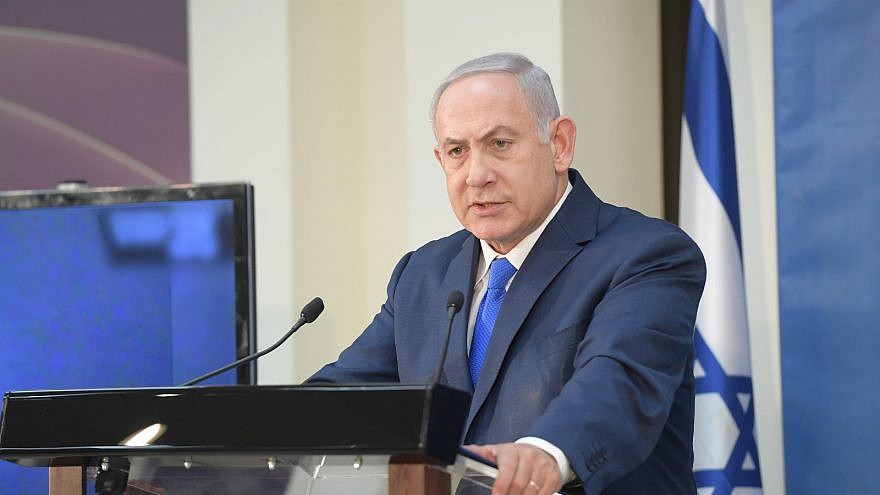Prime Minister Netanyahu’s decision to have elections next April and not in the Fall, when they were due, was an imaginative way of delaying, perhaps even evading, being indicted for bribery and related charges. Had Mr. Netanyahu waited till the end of the year, when elections would have had to be held, the Attorney General (AG) would have had plenty of time to publish his findings and presumably recommend indictment. By calling the election earlier, the AG might not be ready and thus the re-election of Netanyahu and his party would be secured. Once he formed another government, his lawyers could argue that it was improper to indict him as long as he was in office.
But the strategy misfired. First three former chiefs of staff got together with Yair Lapid, the leader of the Yesh Atid party, to form the Blue and White coalition that soon came to look like a credible alternative to the current Likud government. And then, the AG decided to publish his findings now, well ahead of the elections in April. Opinion polls indicate that, because of the pending indictment, more voters are turning away from Likud. It now seems that former Chief of Staff Benny Gantz, the leader of Blue and White, and not Bibi Netanyahu, is likely to form the next government. This makes it easy for the judicial authorities to indict, and if found guilty, duly convict, Mr. Netanyahu without having to take into consideration the fact that he’s the prime minister.
His friends seem to be aware of the danger. One of them, the famous American-Jewish lawyer and emeritus Harvard professor Alan Derschowitz has published an open letter to the AG urging him to refrain from charging Netanyahu. The main charges are around the contention that the prime minister tried to make deals with owners and publishers of Israeli media to give him favorable coverage. According to Derschowitz, “such charges would open up a Pandora’s box out of which would flow a parade of horribles: every government official – legislators, judges, prosecutors, police officers, administrators – who sought positive coverage in the media, and then did anything that helped the media, would have to be investigated.”
Derschowitz implies that he’s not pleading Mr. Netanyahu’s case but defending democracy: “Any such charge would give law enforcement far too much power to dictate to the media and to officials they cover how they relate to each other. In a democracy, criticism of the relationship between media and government should be left to voters, not prosecutors.” In other words, let the elections go ahead without the strictures of the AG.
Netanyahu’s legal team has also written to the AG urging him not to release his decision about a hearing until after the elections. Their argument is “to ensure sensitive information is not used for political purposes by other parties.”
Further, the election judge has rejected a petition to allow anonymous election internet ads against the objection of Likud. This is yet another way of preventing statements calculated to scare voters into supporting Netanyahu.
Despite all the objections and manipulations by him and his supporters, the AG has just announced that Binyamin Netanyahu will be charged with criminal wrongdoing in three separate cases against him. He may no longer be prime minister when he stands trial.
Republished from San Diego Jewish World.


























